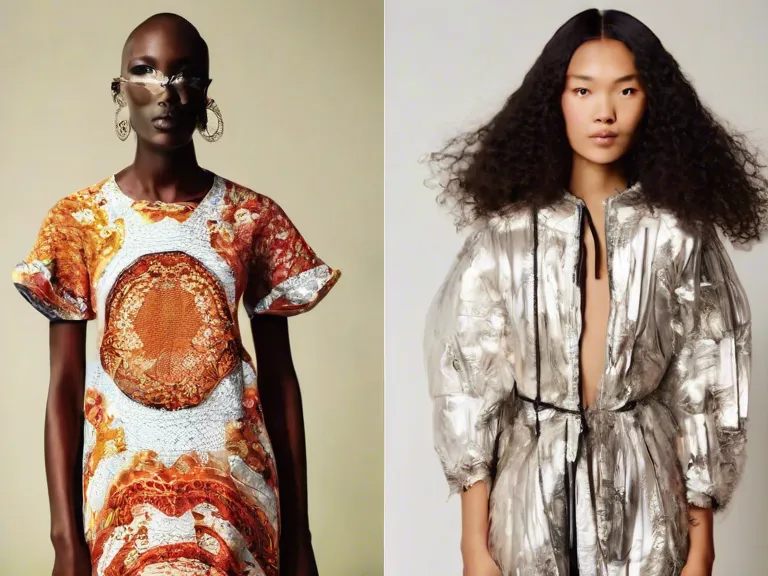
In recent years, the fashion industry has undergone a significant cultural shift from the fast fashion model to a focus on sustainable and ethical practices. This change is driven by growing consumer awareness of the environmental and social impact of the fashion industry, as well as an increased desire for authenticity and quality in clothing. As a result, many fashion brands are now embracing sustainable practices and producing chic, eco-friendly clothing options.
One of the key factors driving this cultural shift is the rise of social media and digital influencers, who have the power to shape trends and influence consumer behavior. With the rise of platforms like Instagram and TikTok, consumers are increasingly exposed to information about the environmental and ethical practices of fashion brands. This has led to a growing demand for transparency and sustainability in the fashion industry.
In response to this demand, many fashion brands are now incorporating sustainable practices into their business models. This includes using eco-friendly materials, implementing fair labor practices, and reducing waste in the production process. Additionally, some brands are embracing a circular fashion model, where clothing is designed to be recycled or repurposed at the end of its life cycle.
Consumers are also becoming more conscious of the environmental impact of their fashion choices, leading to a trend towards minimalist wardrobes and capsule collections. Many consumers are now opting to invest in high-quality, timeless pieces rather than constantly buying cheap, disposable clothing. This shift towards sustainable chic is not only better for the planet, but also allows consumers to express their personal style in a more meaningful way.
Overall, the cultural shift towards sustainable fashion is a positive development for the industry and the planet. By embracing eco-friendly practices and ethical production methods, fashion brands can meet the evolving needs of consumers and contribute to a more sustainable future for the industry.


